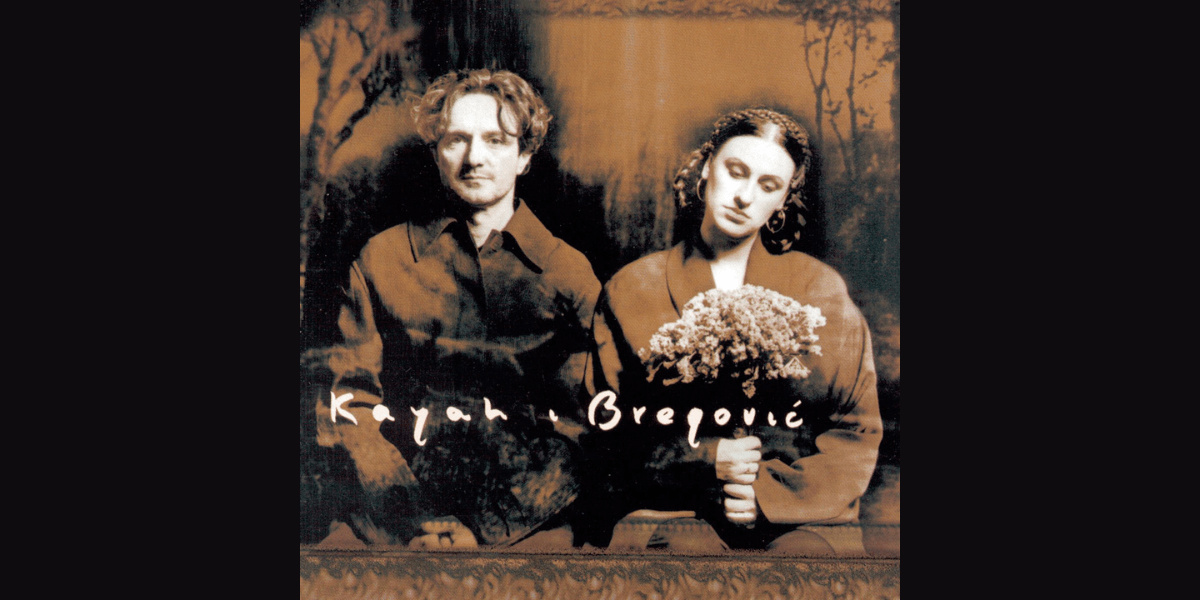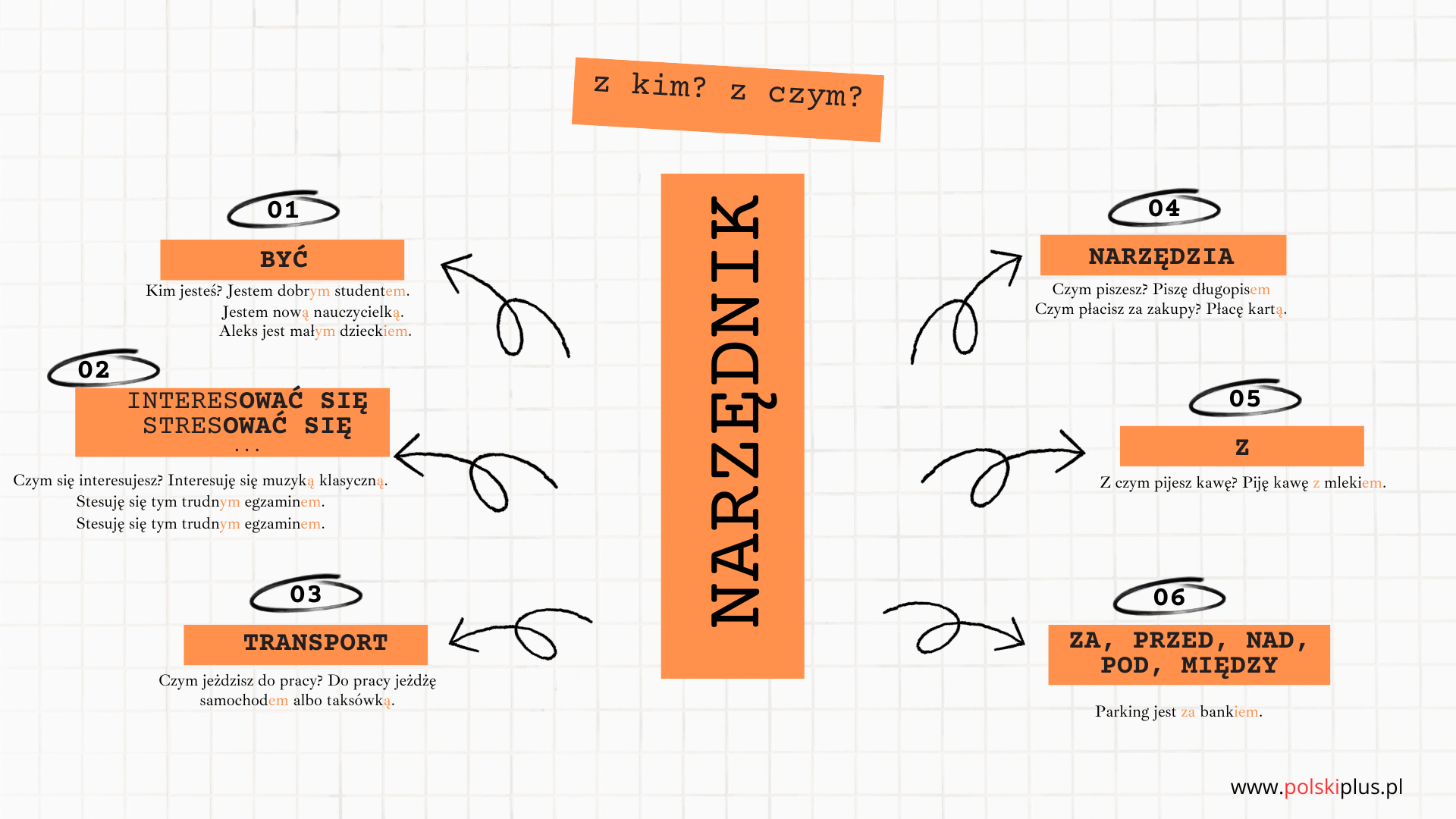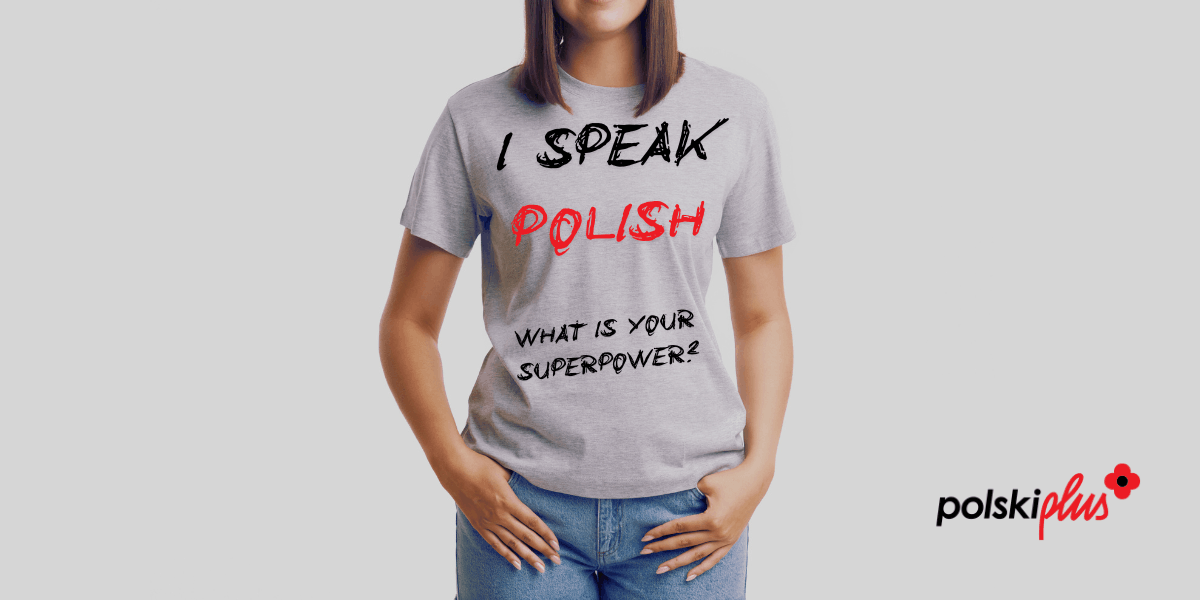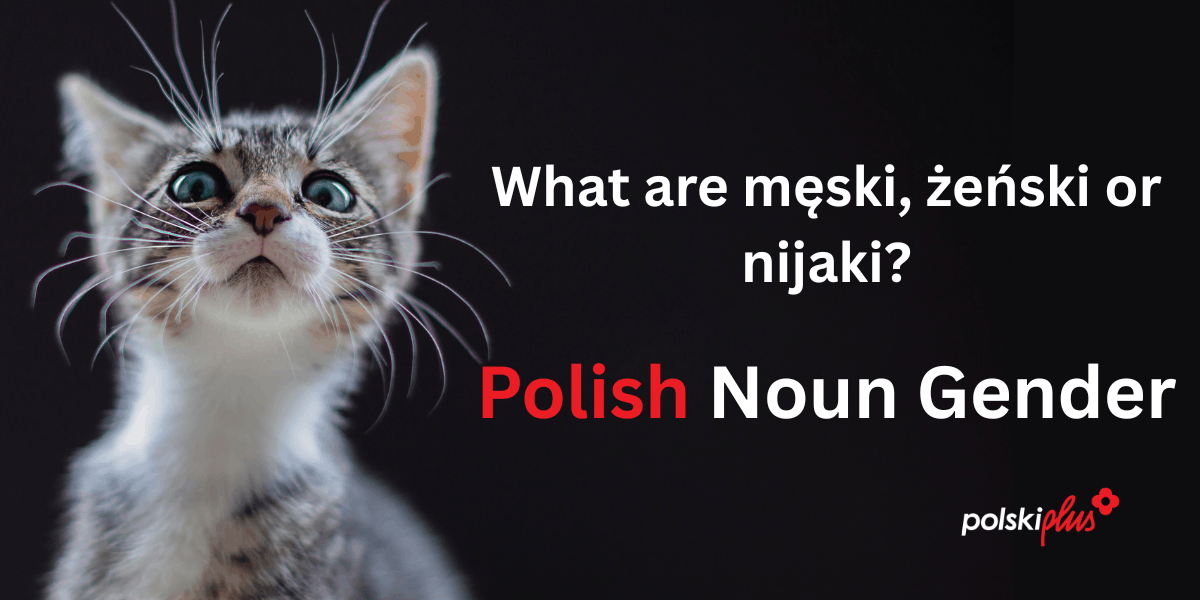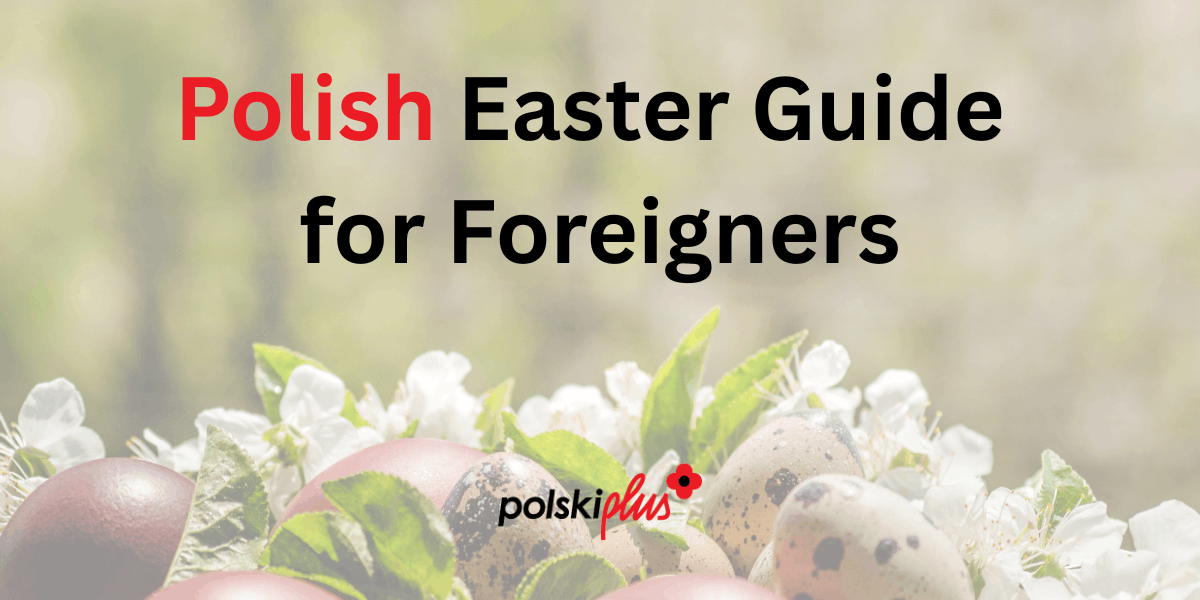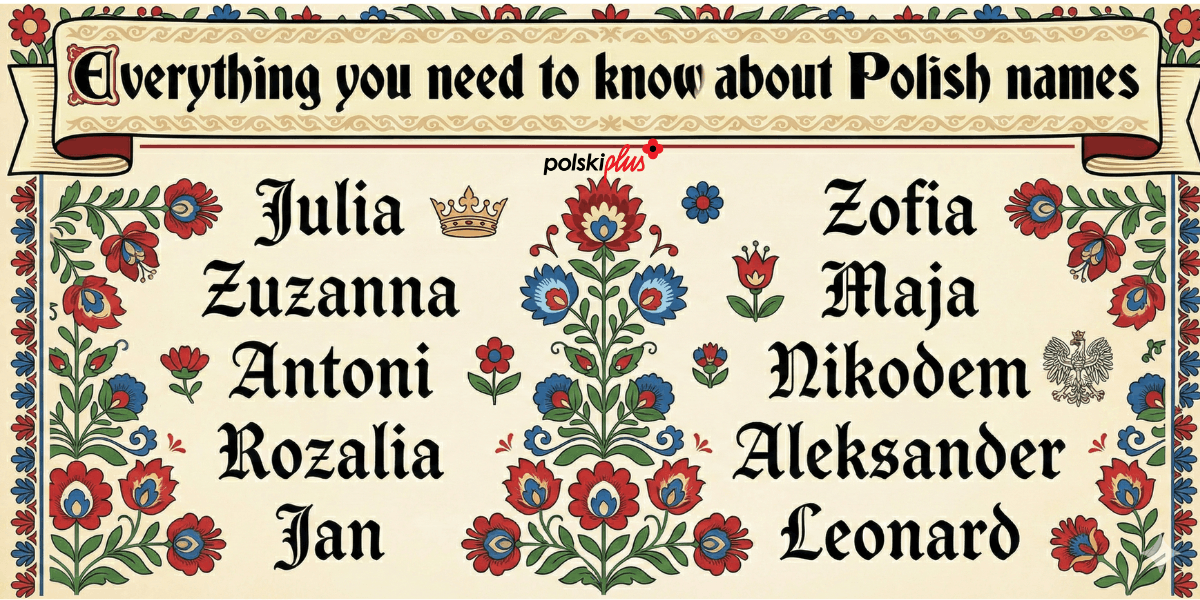If you are planning a tourist visit, moving to Poland, or already living in it but still looking for essential apps and websites that might help your stay here, please review our list. Bear in mind, that most of these …
Kayah & Bregović Byłam Różą Song Polish to English Translation Polish English Byłam różą I was a rose Kiedyś byłam różą dla twojego serca Once I was a rose for your heart Kiedyś byłam różą twoją Once I was your …
The instrumental case, narzędnik is one of the seven cases in the Polish language. While it may not be the most frequently employed case, it is often introduced to foreigners at the outset due to its relatively straightforward nature. It …
Polish can be a challenging language to learn; however, with dedication, practice, and the right resources, it is definitely possible to learn Polish. The amount of time it takes to learn Polish can vary depending on several factors, including the …
Polish, like many other Slavic languages, has grammatical gender. Singular nouns are categorized as either masculine (rodzaj męski), feminine (rodzaj żeński), or neuter (rodzaj nijaki). Gender is also important for plural nouns, although the issue is generally less complicated than …
Exploring the Rich Traditions of Easter in Poland: A Guide for Foreigners Easter, known as Wielkanoc in Poland, is one of the most important holidays in the country. It is a time for family gatherings, traditional meals, and religious celebrations. …
History of Polish Names The Oldest Polish names are of Slavic origins. Firstly there were so-called common names. They were not abstract or made up, but rather connected to common things that were familiar to people of that time. They …
“Na zdrowie” is a Polish phrase that translates to “to health” in English. It is most commonly used as a toast when drinking with friends or at a celebratory occasion, similar to the English expression “Cheers!” or “To your health!” …
Wikipedia describes a profession is a field of work that has been successfully professionalized. Teach and learn Polish vocabulary to do with jobs and occupations with this extensive list of professions. The list of professions in our podcast includes the …
Mikołaj Kopernik (Nicolaus Copernicus) is being referred to as a man who wstrzymał Słońce, ruszył Ziemię – stopped the Sun and moved the Earth. He was a Polish astronomer and mathematician who lived from 1473 to 1543, born in Toruń. …


